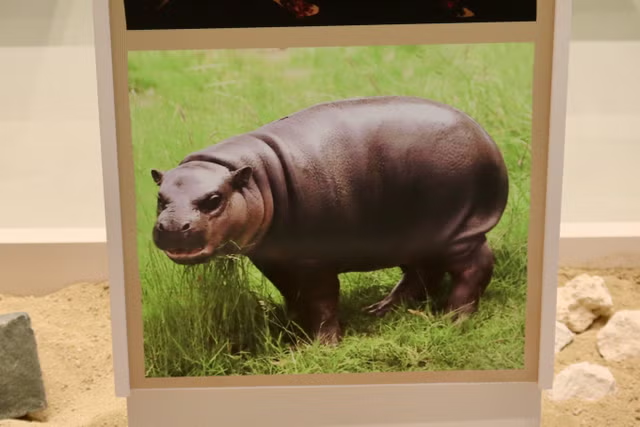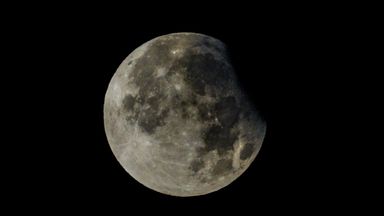Zimbabwe is preparing to cull 200 elephants in response to a severe drought and rising ecological pressures, according to an announcement made last week by Environment Minister Sithembiso Nyoni in parliament.
The decision has sparked controversy, following a similar move in Namibia, where officials recently announced plans to kill 83 elephants alongside zebras and hippos.
Despite a backlash, officials argue that the cull is necessary and may even be insufficient to address Zimbabwe's growing elephant population, which far exceeds what the ecosystem can sustain.
Tinashe Farawo, spokesperson for the Zimbabwe National Parks and Wildlife Management Authority, confirmed the plans are moving forward.
"We have already identified the areas where this process will take place, and what we are simply doing now is to operationalize the process," Farawo told Newsweek.
It will be Zimbabwe's first elephant cull since 1988 and is set to occur in the Chiredzi, Hwange, Mbire and Tsholotsho districts.
The nation is grappling with one of its worst droughts in years, driven by the El Niño weather phenomenon. The drought is expected to leave 7.6 million people at risk of hunger in the coming months, according to the World Food Programme.
The growing human need for resources has escalated tensions between Zimbabwe's burgeoning elephant population and its fragile ecosystems.
"If you look at our ecosystem, what it can support, and what we have on the ground, it doesn't match," Farawo said.
Zimbabwe is home to around 84,000 elephants, far exceeding the 55,000 Farawo said the country can sustainably support.
While animal rights groups have been vocal in their opposition to the cull, Farawo argues that 200 elephants are a minimal target given the scale of the issue.
He said: "200 out of a population of 84,000 is a drop in the ocean. If it were up to me, we'd do more."
Elephant populations have risen in recent years, as have human-wildlife conflicts. In 2023, elephant attacks claimed the lives of 60 people in Zimbabwe.
Overpopulation is also having a damaging effect on other wildlife, with vultures being particularly vulnerable as elephants destroy the trees they rely on for nesting.
Authorities plan to issue hunting permits during the upcoming dry season, with meat from the culled elephants being distributed to drought-affected communities.
However, the decision has drawn fierce criticism. Animal rights groups and NGOs argue that culling is neither a sustainable solution nor necessary.
Farai Maguwu, executive director of Zimbabwe's Centre for Natural Resource Governance, voiced his opposition on social media, arguing that the culls could facilitate illegal ivory trading and undermine elephant conservation efforts.
"Culling must be stopped," he wrote. "Elephants have a right to exist."
Vice president of programs for the animal rights group PETA, Elisa Allen, also condemned the planned cull.
"The effects of drought are devastating, but humans are outdoing nature's impact by choosing the most destructive way of dealing with it rather than seeking a sustainable, compassionate solution that doesn't involve adding to the death toll by slaughtering magnificent elephants," she told Newsweek. "Elephants live in complex social matriarchies, and studies show that slaughtering even a few members can throw entire herds into chaos, putting survivors at risk and escalating human-animal conflicts.
"Aside from being sensitive individuals who each have distinct personalities, elephants play an important role in the ecosystem, and mass killings will only deepen the imbalance humans have already created in nature, solving nothing."
Do you have a tip on a science story that Newsweek should be covering? Do you have a question about wildlife culls? Let us know via science@newsweek.com.
Disclaimer: The copyright of this article belongs to the original author. Reposting this article is solely for the purpose of information dissemination and does not constitute any investment advice. If there is any infringement, please contact us immediately. We will make corrections or deletions as necessary. Thank you.



